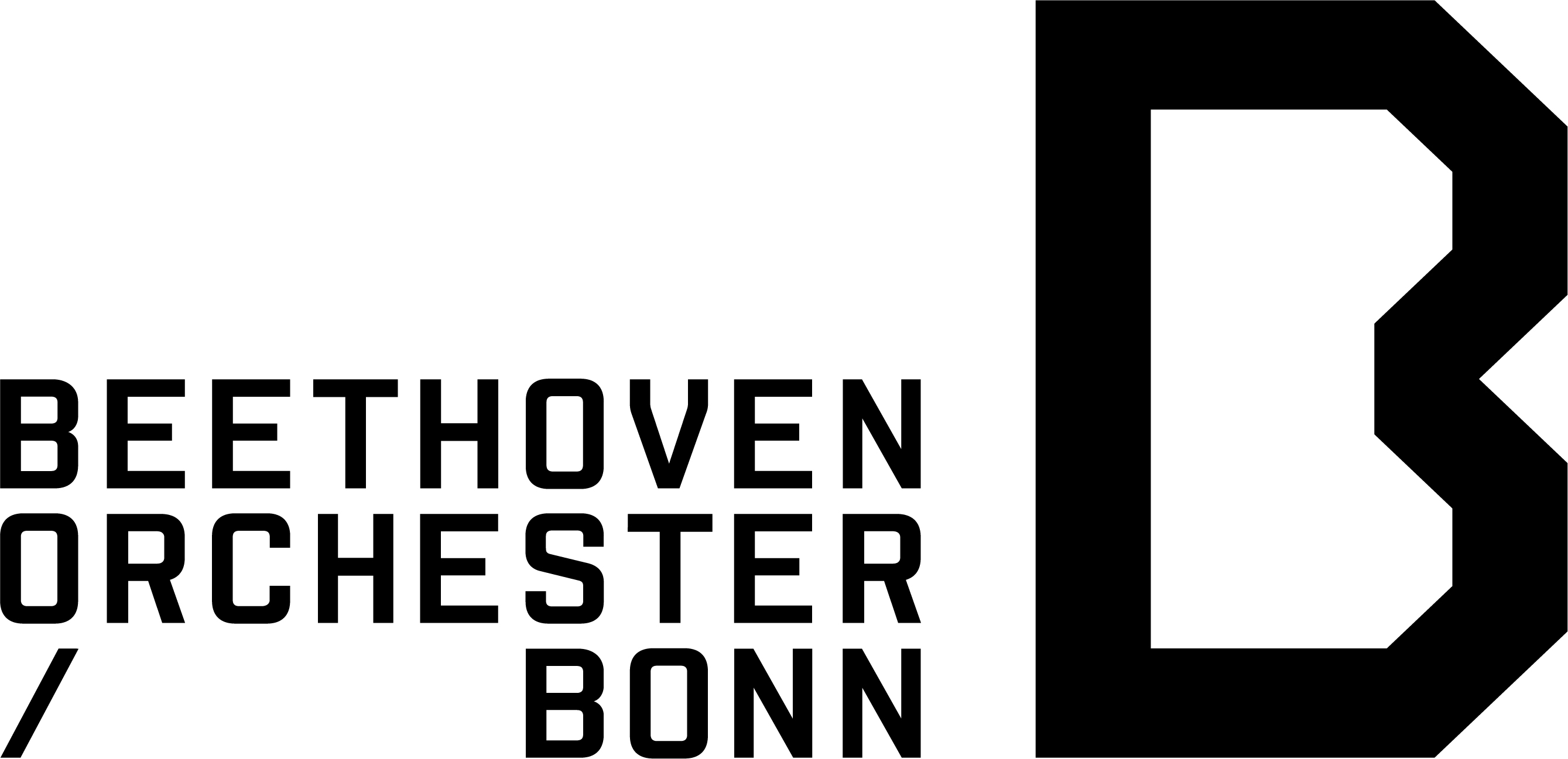

A spoken-word opera for actors and orchestra
based on Homer
German translation by Johann Heinrich Voss
A collaboration between Theater Bonn and Beethovenfest Bonn, with the Beethoven Orchester Bonn, performed at the Schauspielhaus Bad Godesberg
music director: Dirk Kaftan | stage director: Simon SolberG | composer: Ketan Bhatti
90 Minuten keine Pause stroboskopische EffekteThe Odyssey is arguably the most famous heroic tale in world literature. It recounts the ten-year, adventure-filled journey home of the resourceful, cunning, and eloquent war hero Odysseus. Beethovenfest Fellow Ketan Bhatti is composing a spoken opera based on this timeless story. Together with director Simon Solberg, he sheds new light on it from contemporary perspectives.
Homer recorded the linguistically handed down tales of Odysseues in the written word. In his time, Greek royal dynasties set out to conquer foreign lands and establish colonies. This context shaped Homers perspective: in the original text, indigenous people of foreign countries appear as dangerous »barbarians« and »savages.« Divine forces are held responsible for natural phenomena—and even for one’s own missteps.
It is said that ‘history is written by the victors’, which raises the question: was Odysseus truly a hero? Or was he a conquering warrior, using violence and deception to gain and maintain power? What thoughts might have crossed the minds of his wife Penelope and his son Telemachus as they waited for him at home? And how would those he fought on his journey tell their side of the story? Is Odysseus’s brutal revenge on the suitors upon his return to Ithaca the triumphant act of a hero—or the rampage of a war criminal suffering from post-traumatic stress?
A more critical view of this alledged hero's journey invites us to reflect on our broader cultural ideals: the enduring worship for the salvation-bringing hero, the man of action, the genius—still idolized in business, politics, sports, and pop culture.
To explore the Odyssey from multiple perspectives, director Simon Solberg and composer Ketan Bhatti have chosen the form of a spoken opera—an orchestral composition for actors. Language and music, seemingly opposites, enter into a dialog: analytical reason meets lyrical myth. The ego struggles with the soul. Mind with emotion. Intellect with instinct.
The Odyssey is more than just an epic adventure—it is a journey inward, confronting the fundamental questions we all face: Who am I? What am I fighting for? What do recognition and safety truly mean? An evening that challenges conventional Ideas and old images—opening up new spaces for thought.

